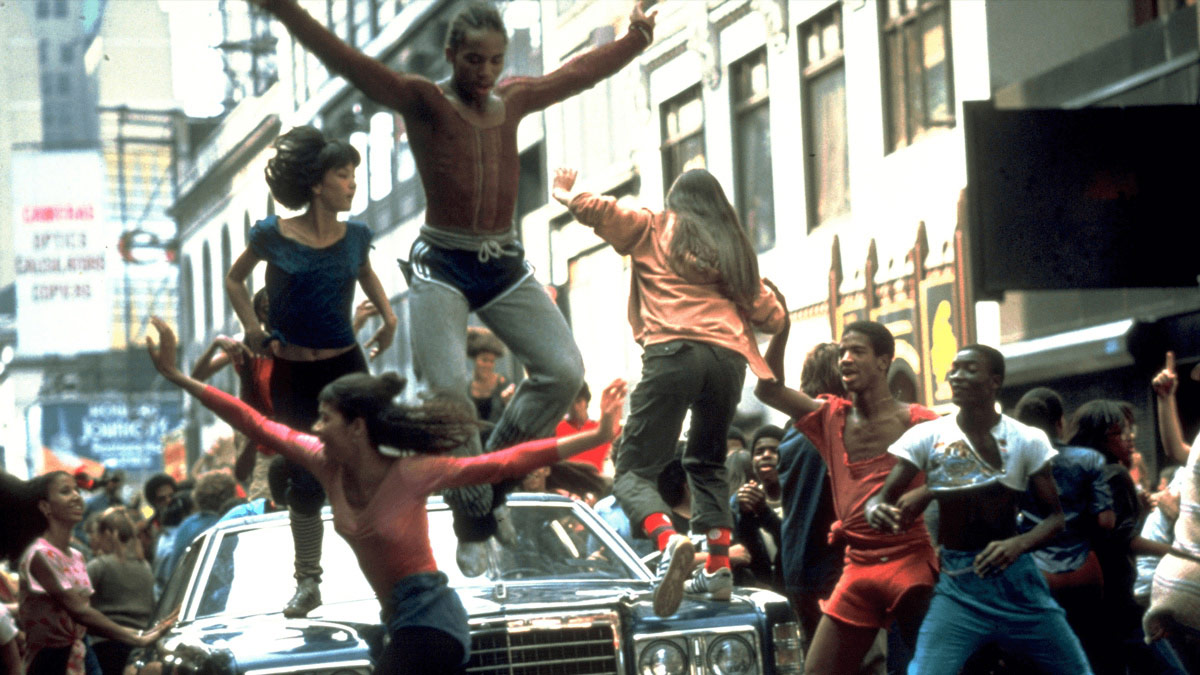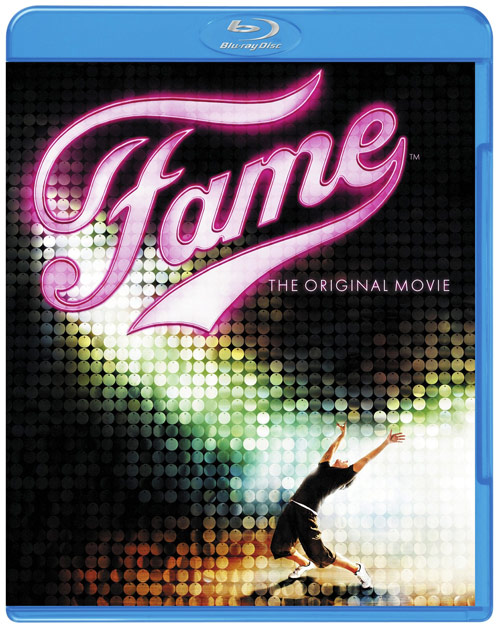
(c) 1980 Warner Bros. Entertainment Inc. All Rights Reserved.
“Fame” uses the power of music to depict dreams, reality, and even diversity, emitting an eternal glow
2019.03.28
A unique example of a movie that became a TV series and expanded its popularity
The adult cast was also well thought out, with Albert Haig, who played the music teacher, a Tony Award-winning renowned composer who actually taught as a PA. Debbie Allen, who plays the dance teacher, only makes a few appearances in the film Fame, but she was so talented that she later choreographed the Academy Awards, and it is this same Debbie Allen who makes an impact in the TV version of Fame . It was unusual at the time for a TV series to be made based on the popularity of a film, and the TV series Fame boasted popularity, airing for a total of six seasons from 1982 to 1987.
In Japan, it was aired under the title "Fame/Youth's Journey" from 1984 and has been rebroadcast several times in late-night slots, so some people may remember it. This TV version was surprisingly popular around the world, and even had a concert tour by the cast. Original songs separate from the movie were also written, and there are many great songs that are worth discovering.
Not only Debbie Allen as the dance teacher, but also some of the cast members from the film version were also present. Albert Haig as the music teacher, Jean Anthony Ray as Leroy, and Lee Curelli as Bruno were also present, creating a continuation from the film version. The TV version also had more well-known cast members such as Cynthia Gibb and Lori Singer, and although it was only for two episodes, you could also see a young Don Cheadle. Incidentally, Madonna also auditioned for the TV version, but did not make it to the cast.
"Fame" was later made into a musical in London's West End in 1995, and a remake was released in 2009 as " Fame " (starring Debbie Allen). In the arts of acting, dancing, and musicians, only a select few are discovered and have successful careers. But that is why the way they try to shine for a moment in pursuit of a small dream is so beautiful and endearing.
Many other films have told this story, but I would say that no film has ever surpassed Fame in terms of its fleeting moment of brilliance. What's more, even though it was made in 1980, the way it deals with race and sexuality doesn't feel dated even when you watch it today. It's a film that has the power to appeal beyond time.
Text: Hiroaki Saito
Became freelance in 1997, contributing movie reviews and interview articles to various media such as movie magazines, theater pamphlets, and movie sites. The column is constantly updated on Yahoo! News. Star Channel's program "GO! Theater" introduces the latest released works.

"Fame"
Blu-ray ¥2,381 + tax / DVD special edition ¥1,429 + tax
warner bros home entertainment
(c) 1980 Warner Bros. Entertainment Inc. All Rights Reserved.

